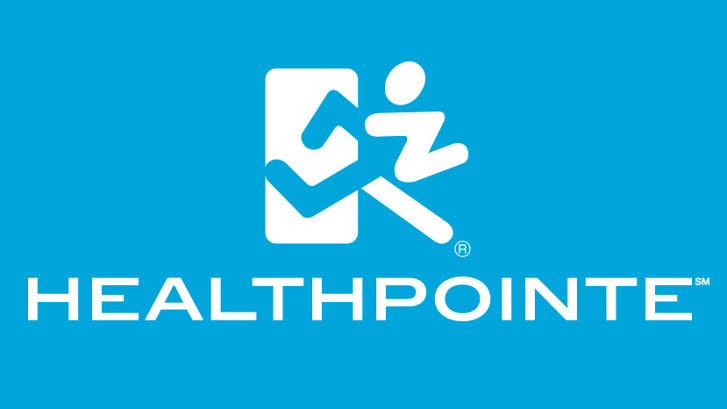Getting Down With Low Blood Sugar
While diabetes is closely associated with high blood glucose levels, the medical condition is also characterized by episodes of low blood sugar known as hypoglycemia. Both situations, however, can be fatal so appropriate and immediate measures must be taken to ensure that the blood sugar returns to near-normal or normal level.
Diabetics like you are then well-advised to get down to the facts about hypoglycemia – its symptoms, causes and treatments. Your life may well depend on these facts and your appropriate action regarding the information.
Early and Severe Symptoms
When you have hypoglycemia, your symptoms may vary from another diabetic’s symptoms and in each episode. You will eventually learn to recognize your specific symptoms that may include the following: (Early symptoms)
- Confusion
- Dizziness
- Sweating
- Trembling
- Hunger
- Headaches
- Irritability
- Palpitations or racing pulse
- Pale skin
- Weakness
- Anxiety
If you or your family takes your blood glucose reading, it may be 70 mg/dL or lower. This emphasizes the important of always having your kit for ready testing although it must be emphasized that you should not wait for a reading before taking appropriate action.
Keep in mind that severe hypoglycemia can be fatal for diabetics. Its symptoms include poor coordination, poor coordination and fainting, which are dangerous when driving or operating machinery, as well as coma from which you may never awaken.
Drugs and Diet
Hypoglycemia is generally caused by either drugs or diet or a combination of both. The drugs used in the management of oral diabetes can result in low blood sugar either alone or in combination with other drugs and substances.
The most common drugs are:
- Sulfonylureas
- Meglitinides
- Thiazolidinediones
- Alpha-glucosidase inhibitors
- Biguanides
- Tolbutamide
- Tolazamide
- Chlorpropamide
- Glimepiride
Insulin is also a common culprit such as in the case of injecting too much insulin in relation to the amount of carbohydrates consumed. You must then discuss your medications with your doctor to determine the risks for hypoglycemia and the measures to prevent it.
If your meal has plenty of simple sugars, you are more likely to experience hypoglycemia, a condition known as reactive hypoglycemia. If you miss a snack, eat later than the usual time, fail to eat when you are sick, drink alcohol sans food intake, and fail to eat the entire meal, then you are also at risk.
The bottom line: Don’t skip your healthy meals when you are on anti-diabetic medication. Don’t engage in strenuous exercise, too, since it can also trigger low blood sugar.
Prevention and Treatment
Many treatment options are available for hypoglycemia – talk to your doctor about it. The more common approaches are:
- Avoid simple sugars in your meals and snacks.
- Eat frequent small meals during the day.
- Decreased insulin dose or change the time of injection
- Consume 15 grams of fast-acting carbohydrate slike one tube of glucose gel, 1/2 cup fruit juice, 1 cup skim milk, 1 tablespoon of table sugar, or 1 tablespoon of honey. (Choose just one. Check your sugar level again; if it is still below 70 mg/dL, eat another serving until your blood glucose level becomes normal)
Prevention is better than the cure, of course. Keep these tips in mind: Follow your meal plan. Carry a sugar source at all times along with your blood glucose level kit. Train your family members to recognize your hypoglycemia symptoms and take appropriate action.
For more information about how to prevent low blood sugar, contact any of the Healthpointe clinics 888-719-8448 or walk in to our offices, such as the one in Anaheim by Fullerton, Placentia, Villa Park, Buena Park, Cypress, Cerritos, and Garden Grove.
About Healthpointe:
Healthpointe is a leading multidisciplinary healthcare organization offering a full range of medical services in practice locations throughout Southern California (Los Angeles County, Orange County, San Bernardino County, and Riverside County). Healthpointe has locations situated in over 10 cities in Southern California including Perris by Nuevo, Sun City, Canyon Lake, Homeland, Romoland, and Lakeview. As a highly regarded musculoskeletal group, we have a personal investment in the highest level of service, and we are proud of our record of excellence over the last four decades with private patients, injured workers, urgent care, personal injuries, and professional and non-professional athletes. Leading our organization is a dynamic team of healthcare professionals who continually strive to be at the forefront of medical innovation and healthcare service delivery. For more information, a complete list of services, and Healthpointe locations, visit Healthpointe.net.

